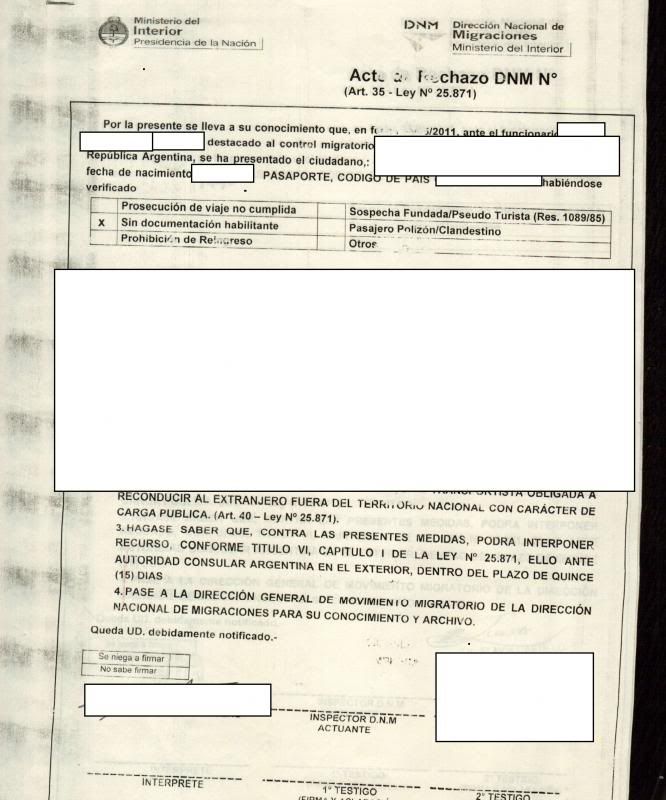¡Sencillamente yo!
Registered
- Joined
- Jan 11, 2021
- Messages
- 327
- Likes
- 207
I'll preface my comments by saying that it's best to follow all laws. You simply sleep better and you never have to be looking over your shoulder.Hi, You can easily fly under the internal revenue service (AFIP) radar provided that you (basically) don`t spend too much money that comes from traceable sources like local credit cards, bank accounts, etc. This means that you have to use mainly cash.
.... BUT these guys are narrowing the circle in order to prevent people from doing so: for this reason, you have to declare your ID number even when you make a purchase exceeding XXXX (may be 100 U$) at the supermarket.
Historically rentals were private businesses between two parties (tenant and renter), but since March 2021, these contracts must be declared to AFIP .... and what you pay for your rent must be somehow reasonably correlated to your incomes.
Without a taxpayer number, called CUIT you will not be able to register the rental contract at AFIP.
So IMHO, the best option for your case (in submarine terms) is "surfacing" : an accountant can inscribe you in AFIP in a type of simplified tax called Monotributo. This tax is for self employed people. According to your declared incomes you will be in any of the categories from A to F, being the latter the highest. If you declare incomes to put you in a D or E zone you will pay taxes for about 5000$ .... which is less than 40 U$ a month: not too bad for receiving a CUIT number that will get you into a gray zone! (not completely white nor completely black)
The confiscation of your money in the form of taxes is the toll one pays through life and the view from this side of the bars (JAIL!) is much better.
If you truly have the means, and you don't want to share (PAY TAXES!) then the best one could do is as follows:
DON'T MAKE ANY ATTEMPT OR EFFORT to be legitimate in Argentina. This means no citizenship, no residency, no DNI, no relationships with financial services, no cell phone contracts, no automobiles, no leases or rental contracts, etc ... (I am sure I am forgetting a major category or two so someone will have to help me out.)
PAY THE LONG PRICE FOR EVERYTHING!
This means:
Stay in a good Air BNB at a higher price, maintain your cell service from your home country, do you banking from abroad and on and on and on ...
Leave after 90 days and go somewhere else or get the extension for another 90 days, but don't stay in the country beyond the half year mark to qualify for the obligation of taxation. If you enjoy the area, the climate, the culture etc ... skip over to Uruguay and spend an equal amount of time there for a higher cost of living, but it keeps you "local."
If you have enough assets to protect / safeguard against AFIP , then paying the higher toll to avoid taxation and the inconvenience of moving around will be well worth the effort. If your assets are minimal or you are inherently cheap (And I don't know if this applies to you or not, so please forgive me, but I can think of no other way to make my point effectively.) get on with life, open your wallet and live a bit.
I guess what it all boils down to is this: How much do you have to protect and to what lengths are you willing to go to do so.

